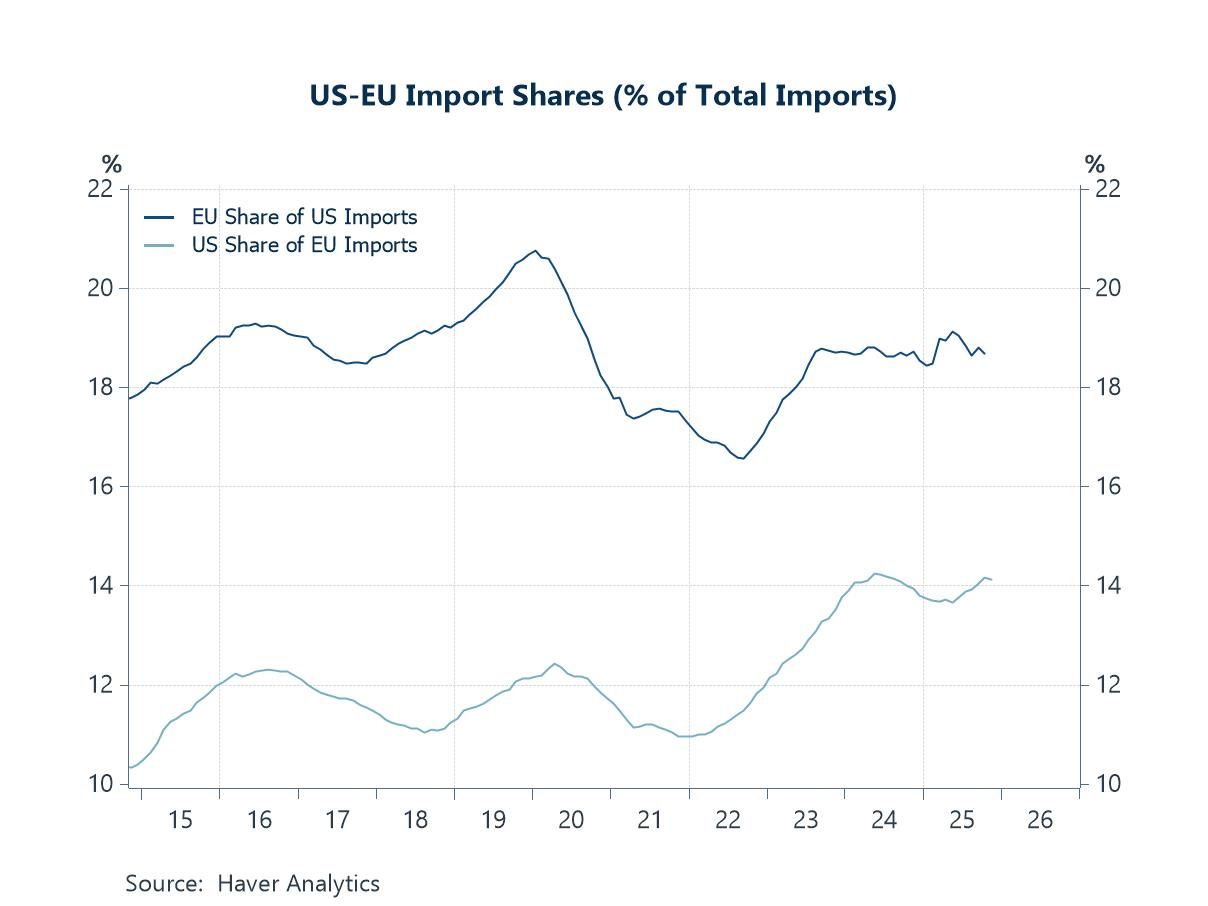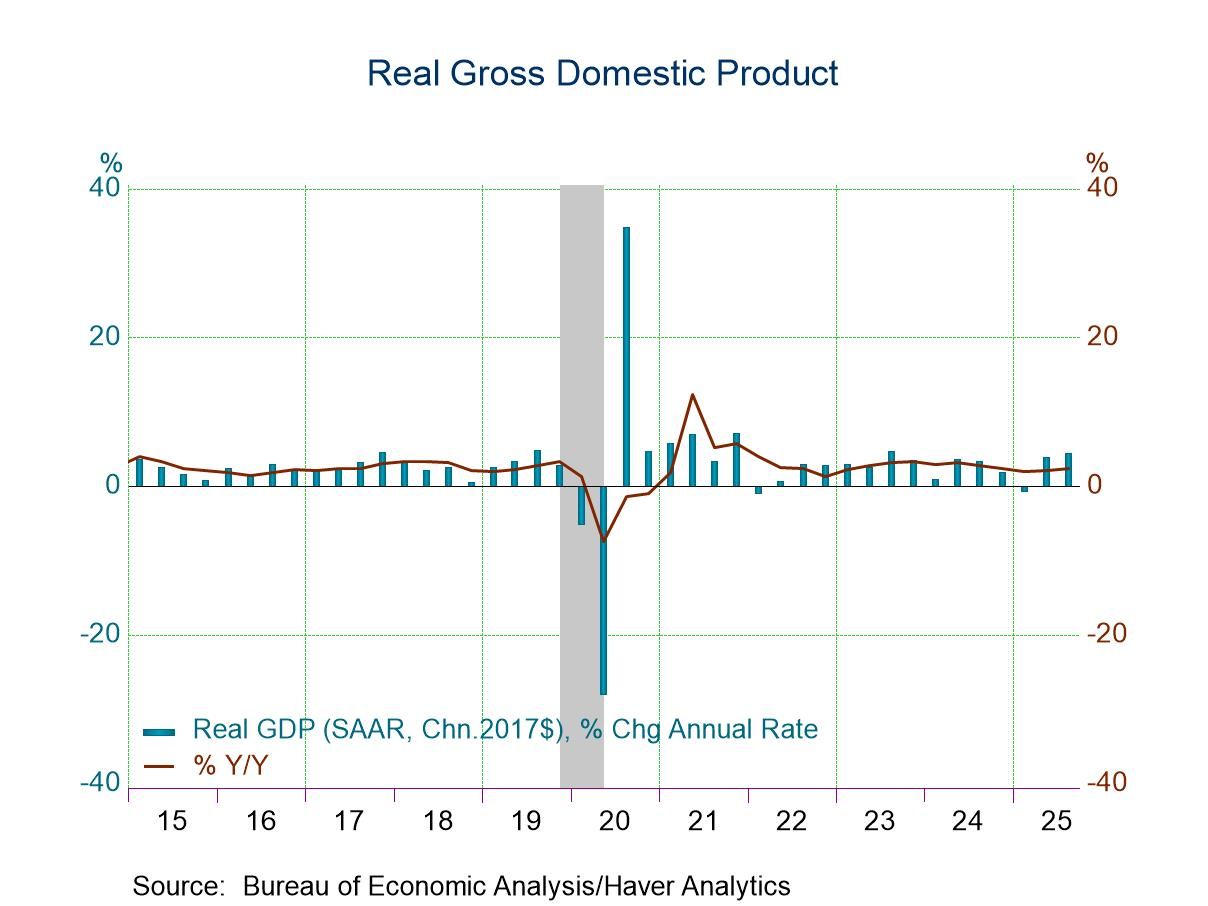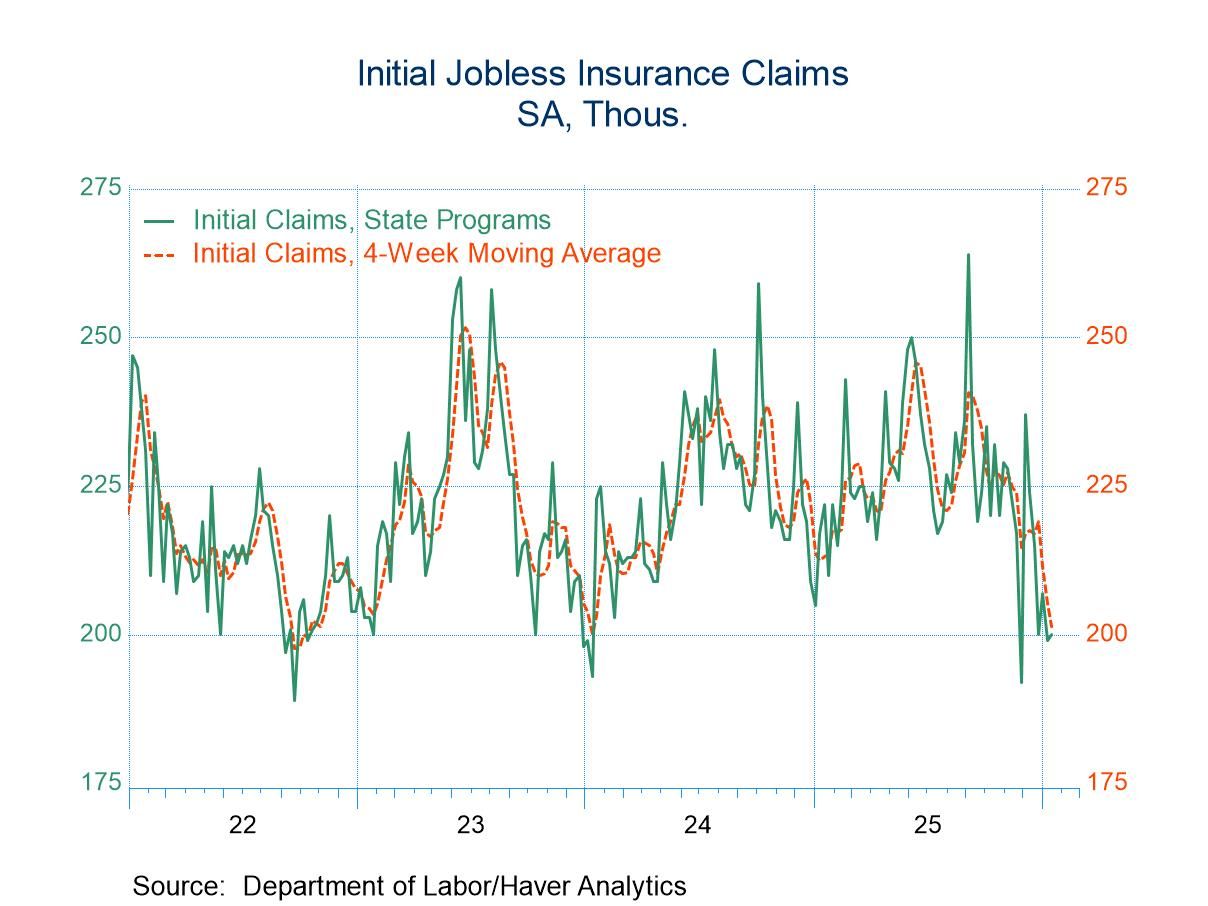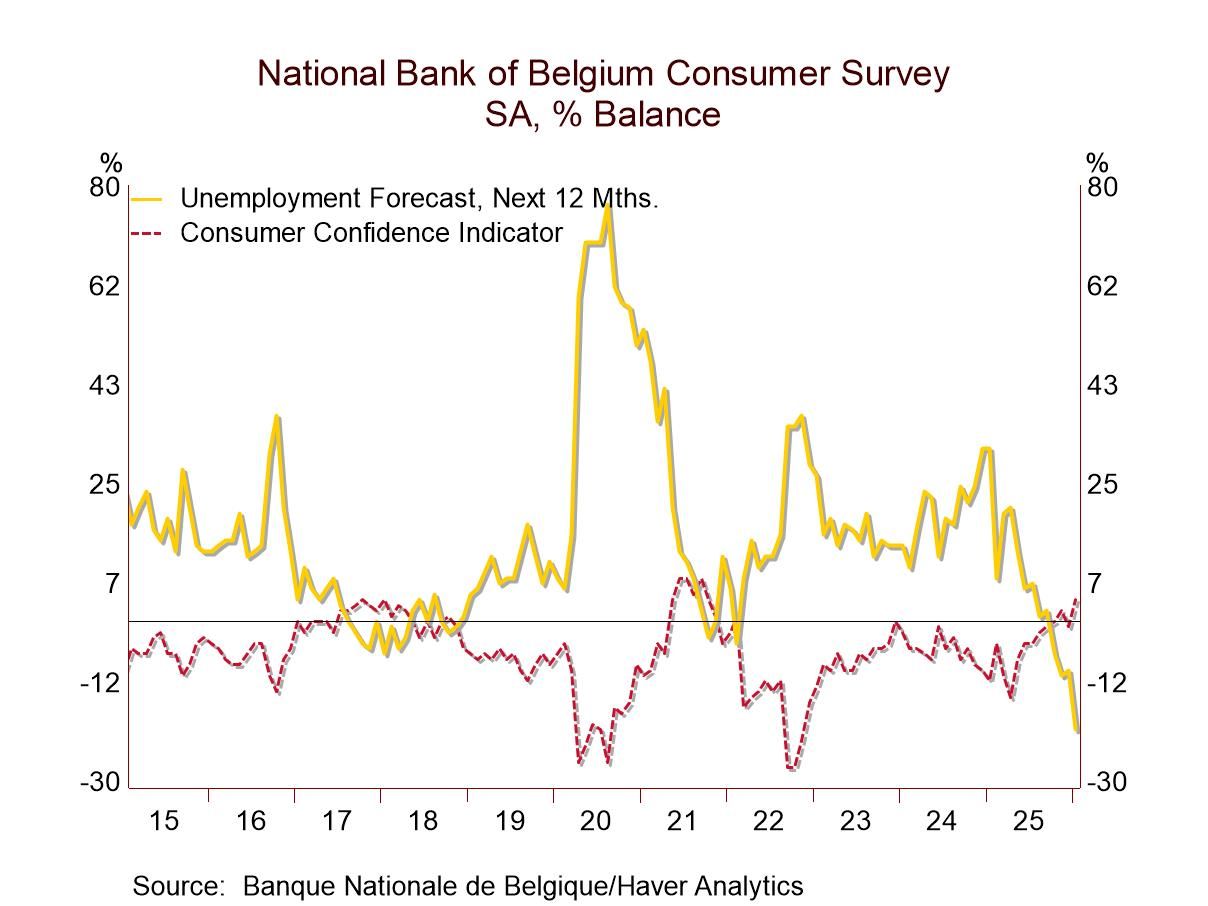 Global| Jan 06 2009
Global| Jan 06 2009U.S. Factory Inventories Fell Again
by:Tom Moeller
|in:Economy in Brief
Summary
Factory inventories fell in November. The decline of 0.3%, along with those during prior months, was disproportionately influenced by the decline in oil prices. Less oil, inventories rose 0.2% after a 0.4% October gain. Moreover, the [...]
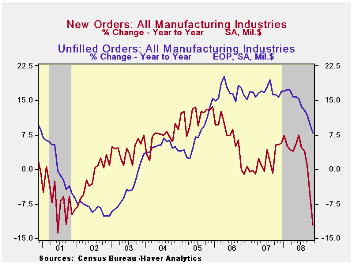
Factory inventories fell in November. The decline of 0.3%, along with those during prior months, was disproportionately influenced by the decline in oil prices. Less oil, inventories rose 0.2% after a 0.4% October gain. Moreover, the year-to-year change in nonpetroleum inventories has held constant near 6.0%. Evidence of a change in the management of factory sector inventories is, however, evident in the more recent figures. The three-month change in nonpetroleum inventories has been reduced, as a result of production cuts, to 1.5% from its recent high of 9.0%.
Again, one industry recently has dominated even the nonoil figures. Growth in inventories of commercial aircraft has been running at a near-40% year-to-year rate. Less commercial aircraft production cutbacks have reduced factory inventory growth to 1.6% y/y from the high early in 2007 near 10.0%. Automobile inventories have been reduced by 7.8% versus last year. Electrical equipment & appliance inventories have been growing at a 2.0% rate versus double-digit growth early in 2007 and growth in machinery inventories has been nearly halved to 6%.
Total factory orders fell 4.6% during November but the figure very much reflected the decline in oil prices (orders here equal shipments.) Orders for durable goods orders fell 1.5% and that very much reflected, as it did in the advance report, the 37.7% drop in commercial aircraft orders. Less commercial aircraft, orders for durable goods fell 9.0% y/y, down from a high rate of accumulation near 10%.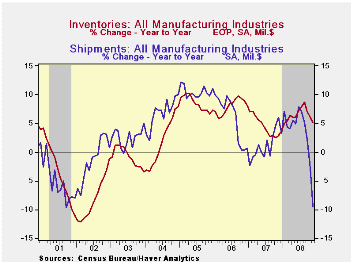
Factory shipments dropped 5.3% due to lower oil prices. Less oil, shipments fell a somewhat lesser 3.4% but they still were down 5.6% y/y. Shipments of transportation equipment fell 18.6% y/y as commercial aircraft shipments plunged 28.9% y/y and automobile shipments fell 21.9%. Shipments of electrical equipment were off 8.6% y/y) and electronic computer shipments fell 31.7% y/y with lower prices. Shipments of furniture & related products fell a hard 12.6% y/y.
Unfilled orders fell 0.6% and the y/y gain of 7.9% is down from the peak near 20%. Less transportation unfilled orders grew 3.4% y/y versus a peak of 16% in 2006.
The minutes to the latest FOMC meeting can be found here.
| Factory Survey (NAICS, %) | November | October | Y/Y | 2007 | 2006 | 2005 |
|---|---|---|---|---|---|---|
| Inventories | -0.3 | -0.6 | 5.1 | 3.7 | 6.4 | 8.9 |
| Excluding Transportation | -0.9 | -1.0 | 3.1 | 2.7 | 7.9 | 8.1 |
| New Orders | -4.6 | -6.0 | -12.2 | 1.9 | 6.2 | 11.9 |
| Excluding Transportation | -4.2 | -5.1 | -9.1 | 1.2 | 7.4 | 11.7 |
| Shipments | -5.3 | -3.6 | -9.6 | 1.2 | 5.9 | 10.4 |
| Excluding Transportation | -5.5 | -3.4 | -8.2 | 1.5 | 6.7 | 11.4 |
| Unfilled Orders | -0.6 | -0.9 | 7.9 | 17.1 | 15.3 | 15.4 |
| Excluding Transportation | -0.9 | -2.0 | 3.4 | 8.2 | 16.0 | 9.2 |
Tom Moeller
AuthorMore in Author Profile »Prior to joining Haver Analytics in 2000, Mr. Moeller worked as the Economist at Chancellor Capital Management from 1985 to 1999. There, he developed comprehensive economic forecasts and interpreted economic data for equity and fixed income portfolio managers. Also at Chancellor, Mr. Moeller worked as an equity analyst and was responsible for researching and rating companies in the economically sensitive automobile and housing industries for investment in Chancellor’s equity portfolio. Prior to joining Chancellor, Mr. Moeller was an Economist at Citibank from 1979 to 1984. He also analyzed pricing behavior in the metals industry for the Council on Wage and Price Stability in Washington, D.C. In 1999, Mr. Moeller received the award for most accurate forecast from the Forecasters' Club of New York. From 1990 to 1992 he was President of the New York Association for Business Economists. Mr. Moeller earned an M.B.A. in Finance from Fordham University, where he graduated in 1987. He holds a Bachelor of Arts in Economics from George Washington University.



